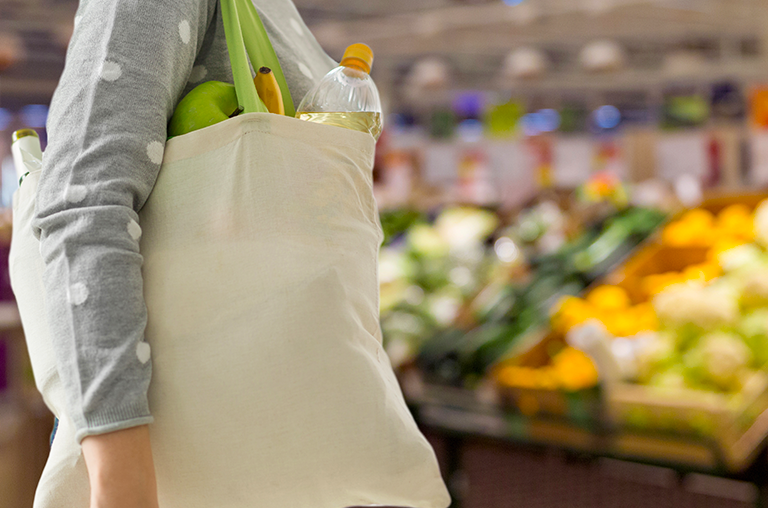Tips for Reducing Waste and Living More Sustainably
In a world facing growing climate change and environmental challenges, it’s clear that we need global action by governments and industries. But individual choices matter too.
Every small change, however minor they may seem, can collectively lead to positive impacts on our planet’s health. Here are some practical and actionable tips to help you reduce waste and live a more sustainable lifestyle:
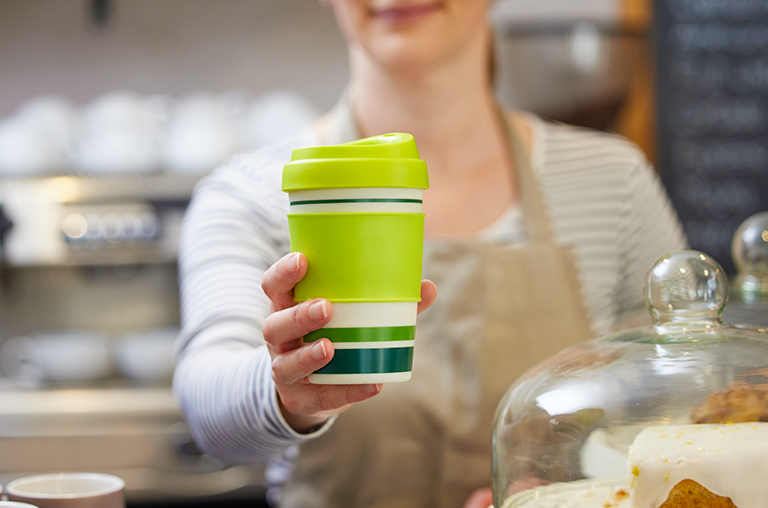
Use refillable bottles and cups for beverages on-the-go
Investing in a high-quality reusable water bottle or coffee cup can eliminate the need for single-use plastic or paper cups when you’re on the move. Plus, many coffee shops and businesses offer discounts to customers who bring their own cups, making it a win-win for the environment and your wallet.
Swap plastic bags for reusable bags
By replacing plastic shopping bags with reusable cloth or canvas bags can help reduce the plastic waste generated in your household. Keeping a few of these bags in your car or near the door means you’ll always have an eco-friendly option available.
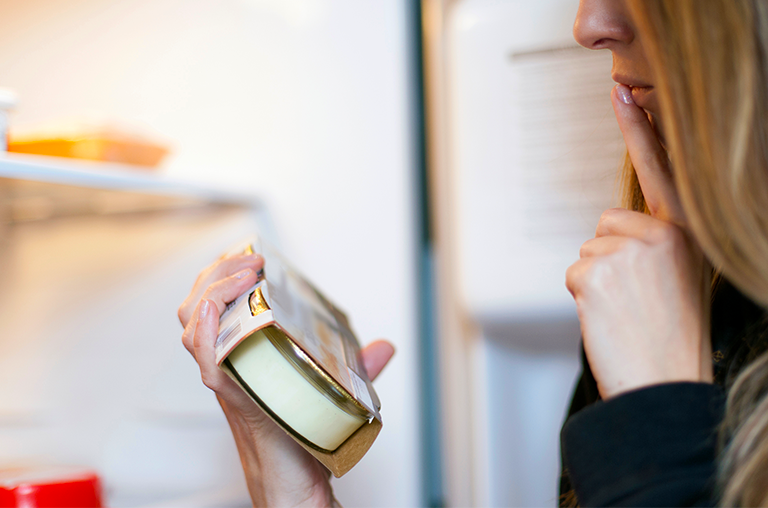
Learn your labels
Understanding food labels will help you to minimise food waste. "Best before" dates indicate a product’s freshness but don't necessarily mean it's unsafe to consume afterward. Trust your senses; if it looks and smells fine, it’s likely still good to eat
However, it’s best to avoid products past their "use by" date as they may pose health risks. "Sell by" dates are mainly for retailers and often not an indication of a product's freshness.
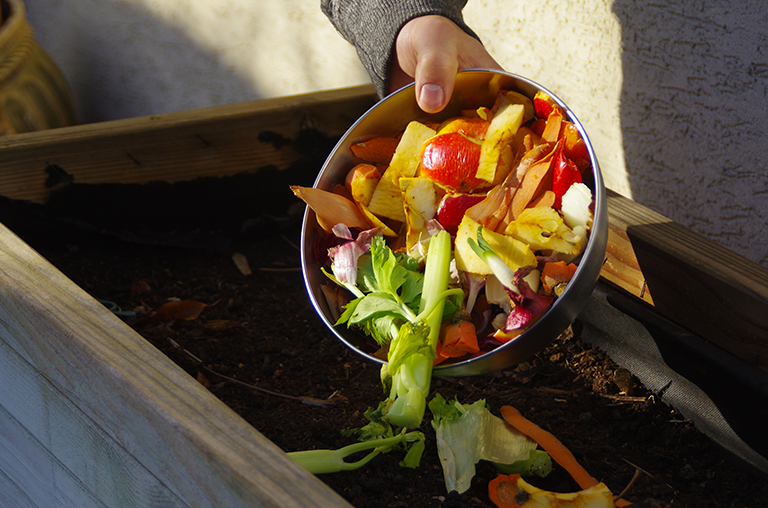
Compost It!
Composting is a fantastic way to turn organic waste into nutrient-rich soil while diverting it from landfills. You can compost items like fruit and veg scraps, coffee grounds, and plant waste. It's an easy and effective way to reduce your household waste.
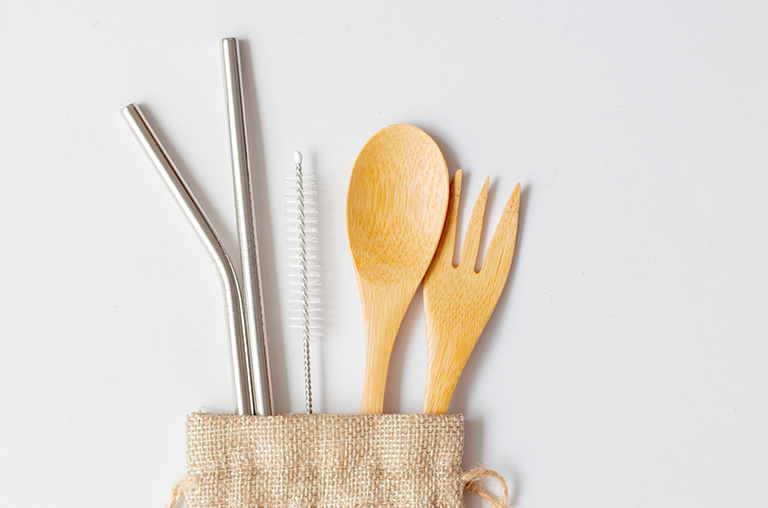
Avoid single-use containers and utensils
Consider ditching single-use items like plastic cutlery, straws and takeout containers in favour of eco-friendly alternatives such as bamboo utensils, stainless-steel straws, and glass or thermoplastic containers. Choosing products that come in refillable packaging can also reduce this need.
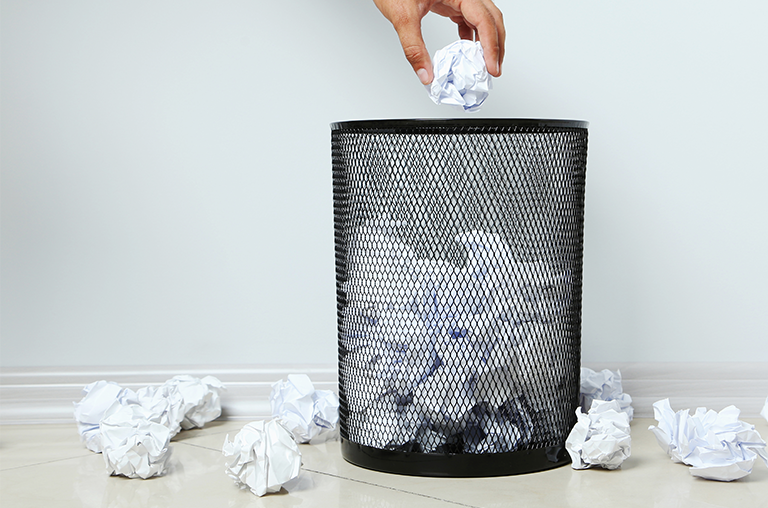
Curb your use of paper
Think about reducing your paper consumption by opting for paperless billing and banking. When you receive physical mail, make a habit of recycling what you can. Before printing anything, question whether it's necessary; if not, choose digital formats to save paper.
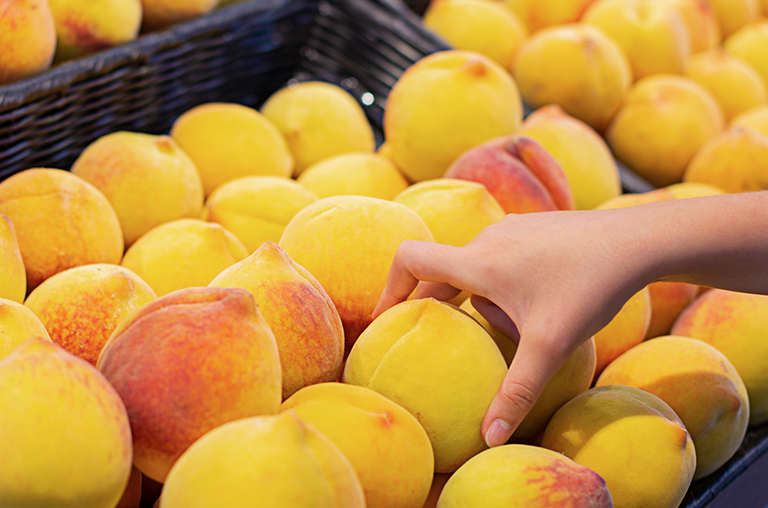
Shop wisely and recycle
Creating a shopping list and sticking to it can help you to avoid over-purchasing and generating unnecessary waste. Choosing loose fruits and vegetables can reduce packaging waste. Before throwing away items, think about if they can be repaired, repurposed, or donated.
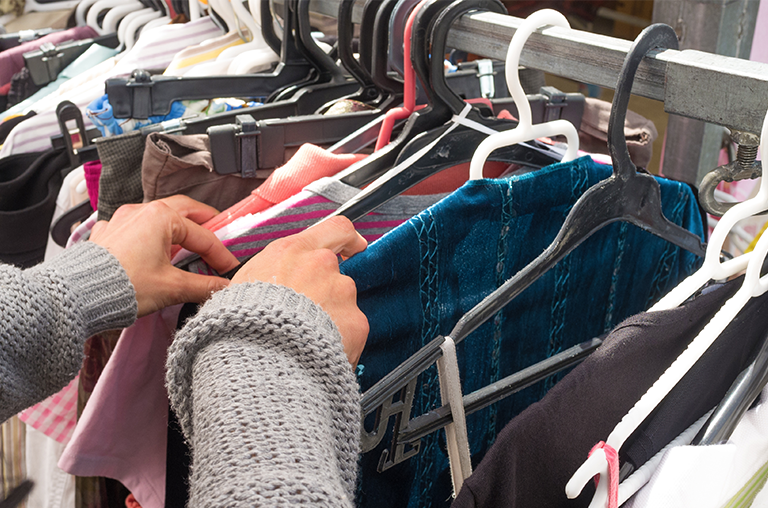
Buy Secondhand Items and Donate Used Goods
Reduce waste by buying secondhand items, such as clothing, furniture, or electronics. When you no longer need something, consider donating it to a charity or giving it a new life by selling or gifting it, preventing it from ending up in a landfill.
By adopting these small actions into your daily routine, you're contributing towards a healthier planet for us and future generations.


